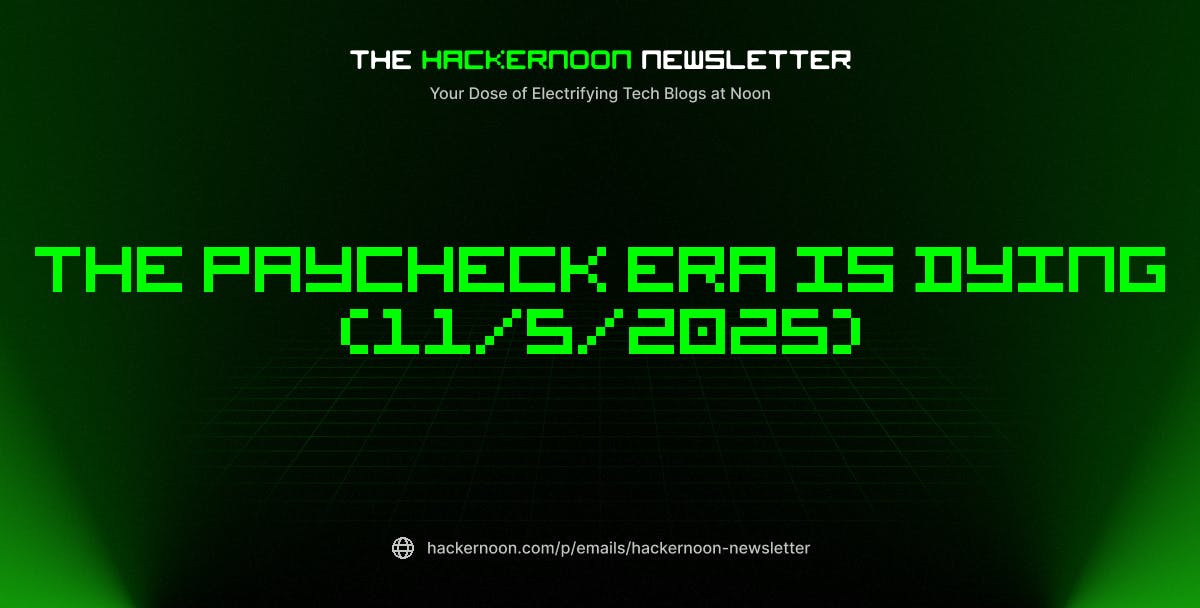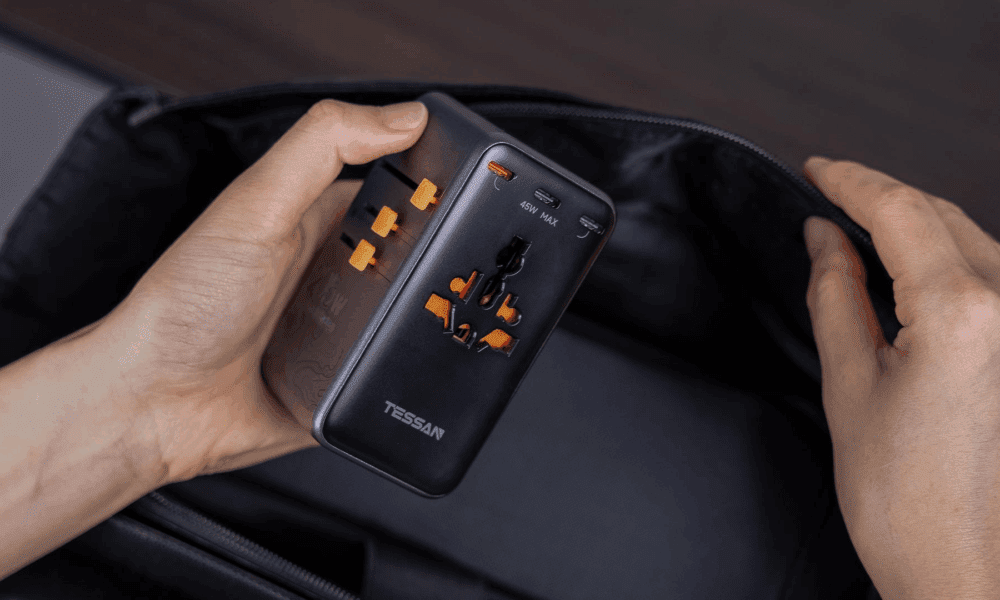Don’t miss out on our latest stories. Add PCMag as a preferred source on Google.
How many jobs are being lost to AI? A new bipartisan bill would require US companies to report AI-related job losses to the federal government to track the technology’s impact on employment.
On Wednesday, Senators Mark Warner (D-Va.) and Josh Hawley (R-Mo.) announced the AI-Related Job Impacts Clarity Act, which “will finally give us a clear picture of AI’s impact on the workforce—what jobs are being eliminated, which workers are being retrained, and where new opportunities are emerging,” Sen. Warner said in a statement. “Armed with this information, we can make sure AI drives opportunity instead of leaving workers behind.”
Although researchers have already floated estimates about jobs lost to AI adoption, the senators say it’s vital to start tracking the issue with concrete data.
The bill proposes requiring both public and private companies in the US, as well as government agencies, to report AI-related job losses on a quarterly basis to the Department of Labor. This would cover jobs lost to automation and the use of artificial intelligence to replace human labor. Companies and agencies would also have to report any human hiring or human job training that was tied to the incorporation of AI.
The Department of Labor would then use the data to publish a report each quarter “analyzing the net impact,” which would be available online through the department’s website.
Axios reports the bill demonstrates that both political parties are concerned about AI taking jobs away from Americans, noting that Hawley and Warner were alarmed after the CEO of Anthropic warned that AI “could wipe out half of all entry-level white-collar jobs.”
“The American people need to have an accurate understanding of how AI is affecting our workforce, so we can ensure that AI works for the people, not the other way around,” Sen. Hawley says. For now, the US government remains shut down over a funding dispute in Congress.
Recommended by Our Editors
Amazon recently cut 14,000 jobs, which could rise to 30,000 next year. CEO Andy Jassy said the move was due to a culture shift, not AI. However, Beth Galetti, head of HR at Amazon, called out a desire to keep up with fast-moving AI technologies.
“This generation of AI is the most transformative technology we’ve seen since the internet, and it’s enabling companies to innovate much faster than ever before (in existing market segments and altogether new ones),” she wrote in a memo to employees.
Last month, Meta cut 600 roles within its AI division after spending millions to poach people from rivals.

Get Our Best Stories!
Your Daily Dose of Our Top Tech News

By clicking Sign Me Up, you confirm you are 16+ and agree to our Terms of Use and Privacy Policy.
Thanks for signing up!
Your subscription has been confirmed. Keep an eye on your inbox!
About Our Expert

Michael Kan
Senior Reporter
Experience
I’ve been a journalist for over 15 years. I got my start as a schools and cities reporter in Kansas City and joined PCMag in 2017, where I cover satellite internet services, cybersecurity, PC hardware, and more. I’m currently based in San Francisco, but previously spent over five years in China, covering the country’s technology sector.
Since 2020, I’ve covered the launch and explosive growth of SpaceX’s Starlink satellite internet service, writing 600+ stories on availability and feature launches, but also the regulatory battles over the expansion of satellite constellations, fights with rival providers like AST SpaceMobile and Amazon, and the effort to expand into satellite-based mobile service. I’ve combed through FCC filings for the latest news and driven to remote corners of California to test Starlink’s cellular service.
I also cover cyber threats, from ransomware gangs to the emergence of AI-based malware. Earlier this year, the FTC forced Avast to pay consumers $16.5 million for secretly harvesting and selling their personal information to third-party clients, as revealed in my joint investigation with Motherboard.
I also cover the PC graphics card market. Pandemic-era shortages led me to camp out in front of a Best Buy to get an RTX 3000. I’m now following how President Trump’s tariffs will affect the industry. I’m always eager to learn more, so please jump in the comments with feedback and send me tips.
Read Full Bio










